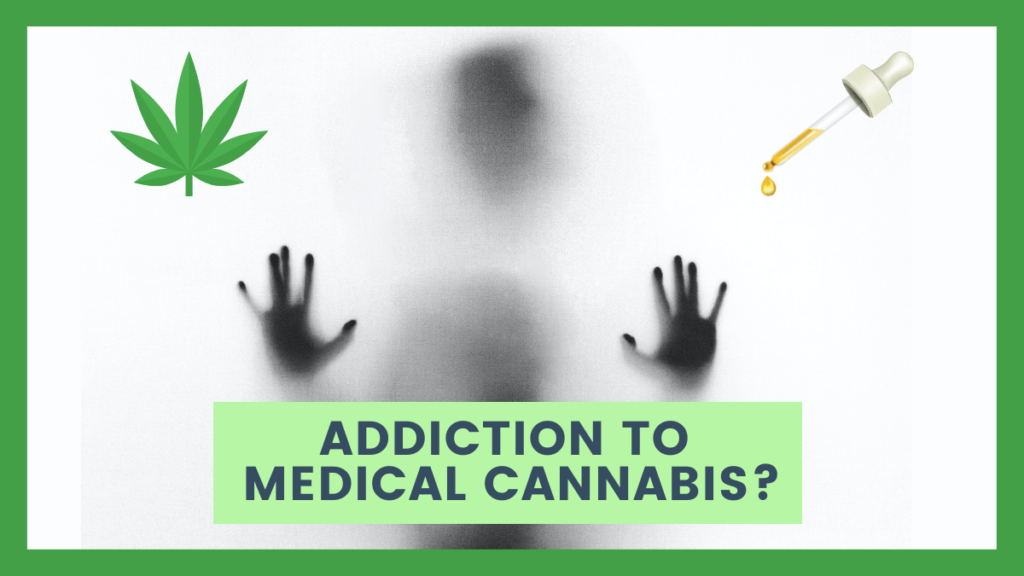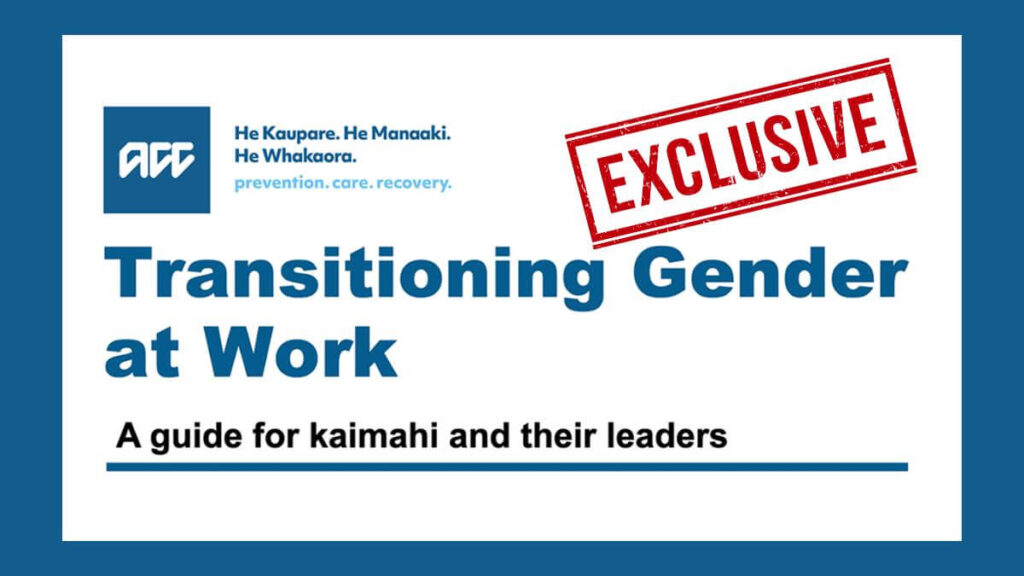Marijuana consumption is on the rise, and that includes increased use of medicinal cannabis. The most common use of cannabis is to treat anxiety, depression and insomnia. Yet the science on cannabis as a treatment for mental-health problems is still evolving and somewhat insufficient – in fact some evidence suggests that marijuana can actually make these problems much worse.
In 2019, the American Psychiatric Association issued this statement:
There is no current scientific evidence that cannabis is in any way beneficial for the treatment of any psychiatric disorder. In contrast, current evidence supports, at minimum, a strong association of cannabis use with the onset of psychiatric disorders. Adolescents are particularly vulnerable to harm, given the effects of cannabis on neurological development.
Smita Das, M.D., Ph.D., M.P.H. is a clinical assistant professor of psychiatry and behavioural health sciences at Stanford University School of Medicine and a member of APA’s Council on Addiction Psychiatry. She references studies “that point to an association between high-potency cannabis and symptoms of psychosis in young people who may later develop a psychotic disorder. She added that cannabis use is associated with the emergence of mood disorders, particularly bipolar disorder, among people who have a family history of mood disorders, and that cannabis use is associated with an increased risk of suicidal ideation and attempts in people who have major depressive disorder.”
Das says “there is danger of developing cannabis use disorder, an addiction that can afflict more than 20% of regular cannabis users.”
We think families should seek expert help before turning to medical marijuana in order to treat mental health problems.
Read the full position statement by the American Psychiatric Association:




